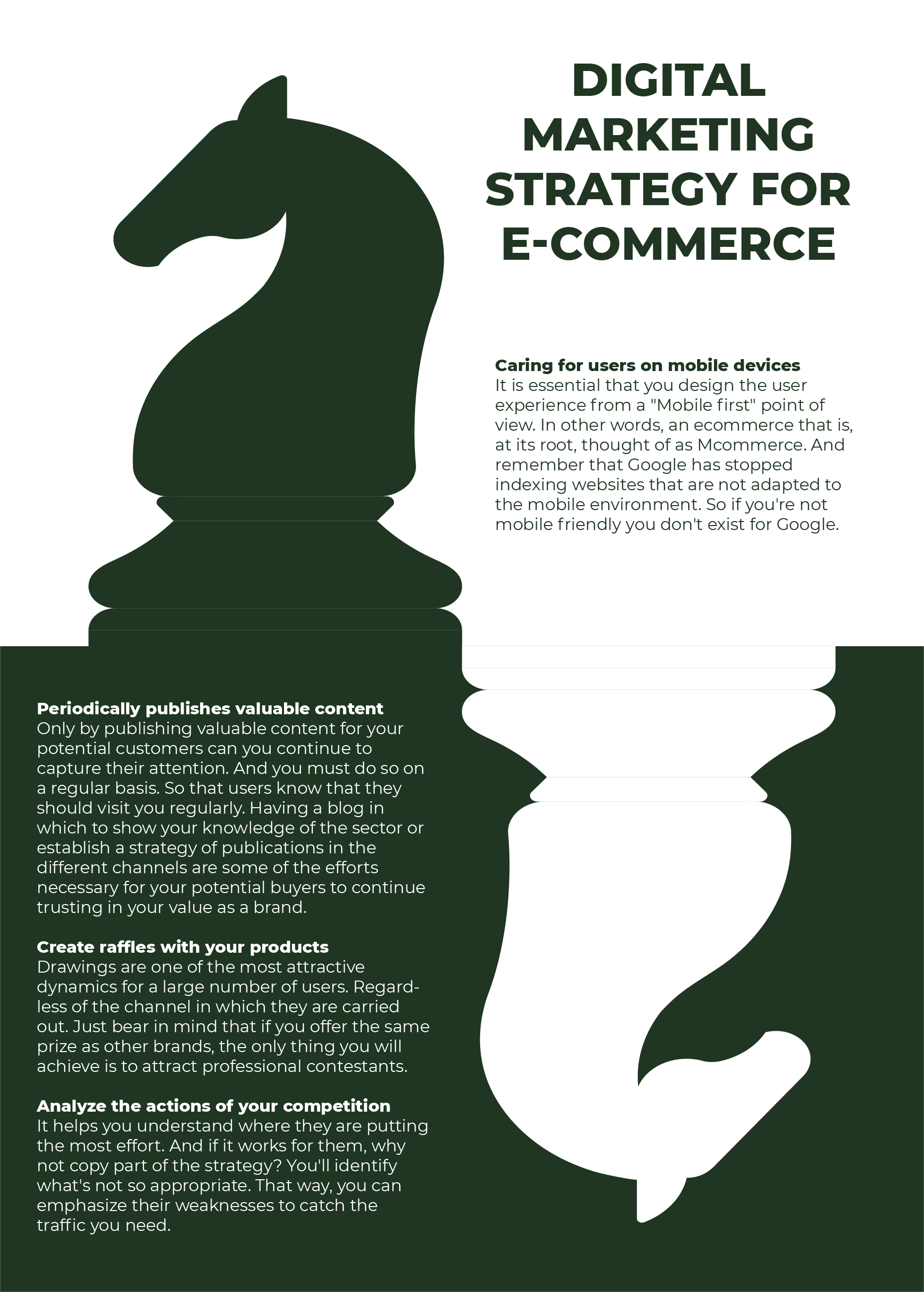Why is Multi-Channel Marketing a Critical Business Strategy?
Anyone who has worked within the sales industry for an appreciable amount of time is well aware of the acronym “ABC” (Always Be Closing). This strategy has remained a central tenet of any marketing campaign and it was just as true decades ago as in the present. However, tradition can sometimes prove more of a hindrance than a help if modern solutions are not taken into account. Would it make sense to continuously call a client who is not interested in the product that you have to offer? In the same respect, why continue to use outdated online sales methods which fail to produce viable results? In terms of embracing the latest techniques, the concept of multi-channel marketing cannot be taken lightly.
The Spokes of a (Digital) Wheel
Let us conceptualise a business as a wheel. Its core operations such as client management, product development and payment processing represent the hub. Spokes radiate out from this central point; each spoke signifying a different sales channel. Examples of digital sales channels can include:
- Social media portals.
- Dedicated websites.
- Automated email campaigns.
- Major online retail outlets such as eBay and Amazon.
It should already be clear that businesses associated with a greater number of “hubs” are more likely to experience a highly rewarding marketing campaign (and a robust return on investment). This is when multi-channel marketing comes into play.
E-commerce solutions provide business owners with a simple and straightforward means to proactively track the progress of any online marketing campaign. This is an excellent way to make any changes as well as to capitalise upon those channels which are the most popular. The main takeaway point is that such oversight can take place within a real-time scenario and without needing to navigate to each individual website in question.
Selecting the Best E-Commerce Solution
We still need to point out that different e-commerce providers are associated with their own unique benefits. This becomes clear when comparing packages; Big Commerce vs Shopify is a perfect example in these modern times. While both offer a host of innovative solutions, Shopify is associated with a higher degree of overall functionality. In other words, enterprises will not be forced to switch to a different system in the future as their operations continue to grow. New marketing channels can simply be added as they are required. This takes a great deal of guesswork out of daily in-house operations.
It is also wise to look for an e-commerce bundle that offers a robust level of customer support. It can be tricky to manage such systems; particularly if you are new to the industry. This is why having the ability to speak with a live customer service representative is critical. The bottom line is that some e-commerce solutions are better than others at providing transparent and reliable multi-channel marketing capabilities. This is why you should always make it a point to perform a fair amount of research before committing to one service over another.

